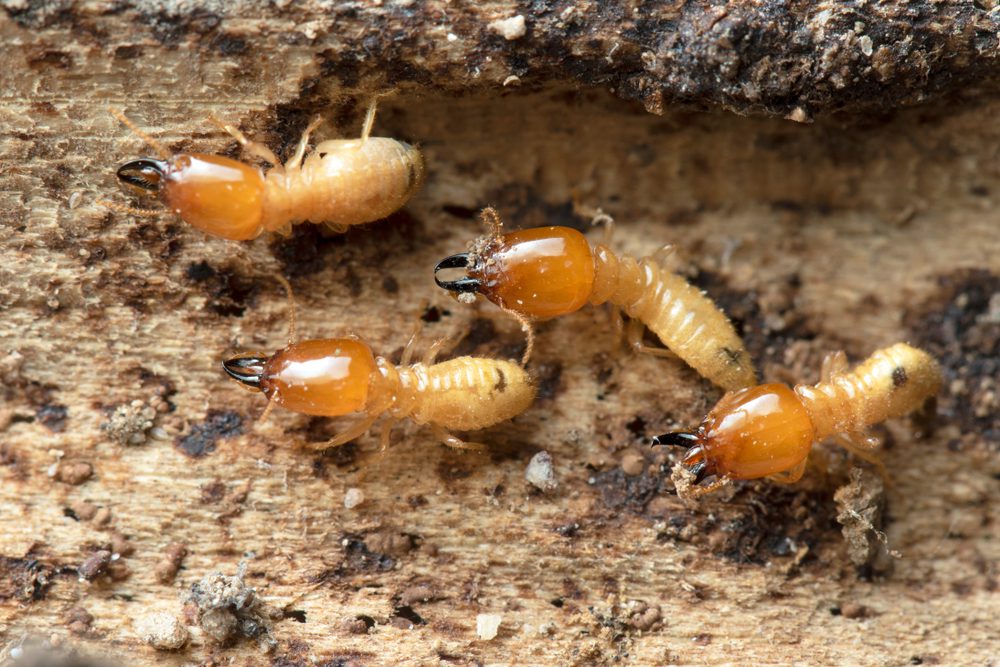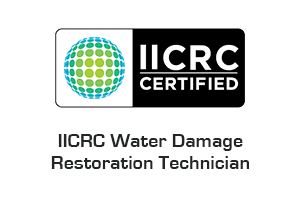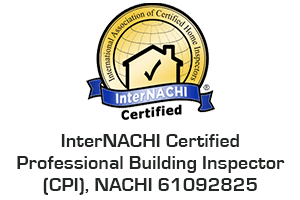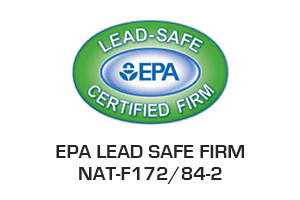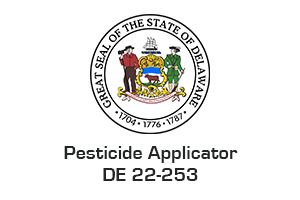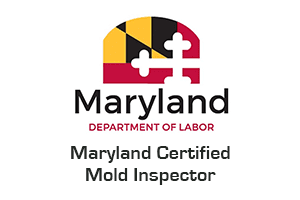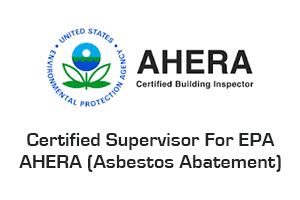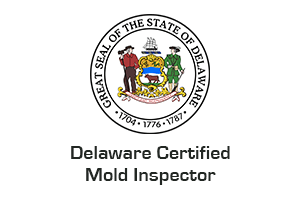What Areas Of The United States Can Termites Be Found?
Termites can be found in most areas of the United States, but they are more common in warmer and more humid regions. The southeastern states, including Alabama, Florida, Georgia, Louisiana, Mississippi, North Carolina, South Carolina, Maryland, Delaware, and Texas, are particularly prone to termite infestations. However, termites can also be found in other parts of the country, such as California, Arizona, and Hawaii. Regardless of where you live in the United States, it’s important to take preventive measures to protect your home against termite damage. A termite inspection is always a phone call away.
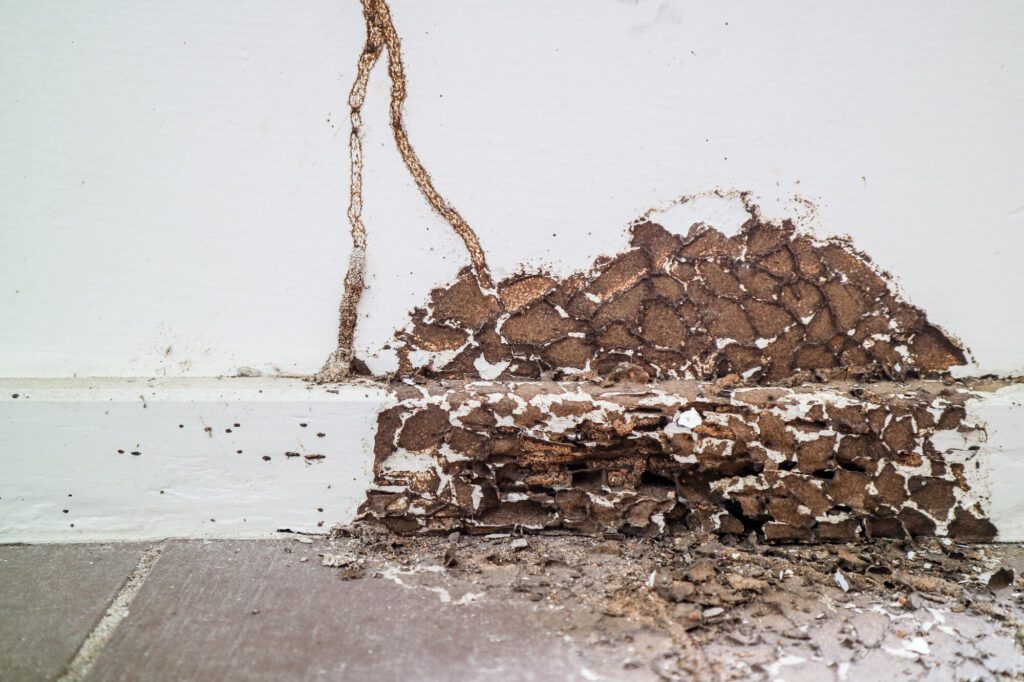
Is It Time For Your Sewer Line Inspection?
Are Termites Common In Maryland And Delaware?
Yes, termites are common in both Maryland and Delaware. According to the National Pest Management Association, both states have a moderate to high risk of termite infestations. Subterranean termites are the most common type of termite found in these states. These termites require moisture and can be found in soil abundant in the humid climate of Maryland and Delaware. Therefore, homeowners in these states need regular termite inspections and take preventative measures to protect their homes from termite damage.
What Can A Home Owner Do To Prevent Termites?
There are several steps that a homeowner can take to prevent termites:
- Remove wood and other cellulose-based materials, such as cardboard and paper, from around your home’s foundation, as these materials attract termites.
- Keep firewood, lumber, and other wood-based products at least 20 feet from the home’s foundation.
- Make sure your home’s foundation is clear of debris and that there is proper drainage around the foundation to prevent moisture buildup.
- Fix any leaks or plumbing issues that could cause moisture buildup and attract termites.
- Keep gutters and downspouts clear of debris to prevent water from accumulating near the foundation.
- Install screens on vents and openings to prevent termites from entering the home.
- Consider using termite-resistant materials, such as concrete, steel, or pressure-treated wood, when building or renovating your home.
- Have a termite inspection in your home at least once a year. Consider investing in a termite treatment plan if your home is in a high-risk area or has a history of termite infestations.
By taking these steps, homeowners can reduce the risk of termite infestations and protect their homes from damage. A termite inspection is the best way to reduce the risk of damage.
Need A Radon Inspection We Have You Covered!
Is Orange Oil Effective In Treating Termites?
Orange oil, also known as d-limonene, is a natural insecticide sometimes used to treat termites. It is derived from the rinds of oranges and is considered a safer alternative to traditional chemical treatments. However, while orange oil can effectively kill termites on contact, it is unreliable for eliminating an entire termite colony.
Orange oil treatments are typically only effective in treating small, localized infestations of drywood termites. This is because the oil must come into direct contact with the termites to be effective. It does not create a barrier or have a residual effect to prevent future infestations. Professional treatment with soil-applied liquid termiticides, bait systems, or fumigation may be necessary for larger or more severe infestations to eliminate the termite colony. Consult with a licensed pest control professional to determine the best treatment plan for your specific situation.
What Is A Pesticide Applicator DE 22-253, And Are They Responsible For Eliminating Termites?
The Pesticide Applicator DE 22-253 is a certification that licenses an individual as a licensed pesticide applicator in the state of Delaware. The Delaware Department of Agriculture issues the certification, and individuals must pass a written examination and meet other requirements to become certified.
As a licensed pesticide applicator, the individual is responsible for applying pesticides safely and correctly according to the label instructions and applicable laws and regulations. This includes taking measures to minimize risks to human health and the environment, as well as using appropriate personal protective equipment and following proper disposal procedures for leftover pesticides and containers.
They’re Also Responsible For Inspecting Homes For Termites
Pesticide Applicators who hold the DE 22-253 certification in Delaware may be responsible for eliminating termites in homes as part of their job duties, but this will depend on the specific services offered by their employer or business. For example, pesticide applicators employed by a pest control company or licensed exterminator may be responsible for inspecting homes for termites, identifying the type and extent of the infestation, and developing a treatment plan to eliminate the termites. This may involve applying pesticides or other treatments, as well as providing ongoing monitoring and prevention services to prevent future infestations. So put your mind at ease and have a termite inspection ASAP.
Best Practices Related To Pesticide
Pesticide applicators are also responsible for accurately recording and reporting pesticide use, including the type and amount of pesticide used, the location and time of application, and any adverse effects or incidents that occur during or after application. In addition to these responsibilities, pesticide applicators must keep up-to-date with changes in laws, regulations, and best practices related to pesticide use and renew their certification periodically to ensure continued competence in their work.
Top-Notch Termite Inspection In Your Home Or Property
Delmarva Inspections Group is a certified Pesticide Applicator DE 22-253. Be mindful that we do not provide pest control services other than inspections. To protect the integrity of the trade, we cannot make referrals. However, we can provide a top-notch termite inspection in your home or property.



